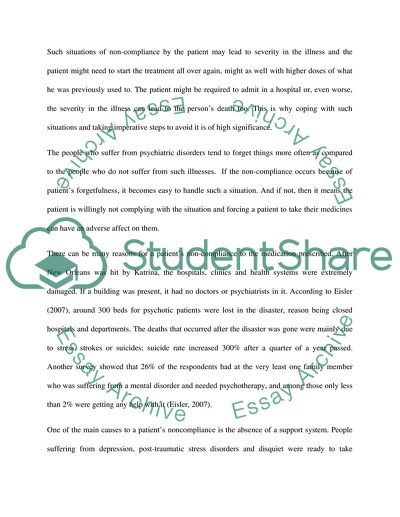Cite this document
(Mental Illness/Medication Noncompliance Research Paper, n.d.)
Mental Illness/Medication Noncompliance Research Paper. Retrieved from https://studentshare.org/health-sciences-medicine/1744562-mental-illnessmedication-noncompliance
Mental Illness/Medication Noncompliance Research Paper. Retrieved from https://studentshare.org/health-sciences-medicine/1744562-mental-illnessmedication-noncompliance
(Mental Illness/Medication Noncompliance Research Paper)
Mental Illness/Medication Noncompliance Research Paper. https://studentshare.org/health-sciences-medicine/1744562-mental-illnessmedication-noncompliance.
Mental Illness/Medication Noncompliance Research Paper. https://studentshare.org/health-sciences-medicine/1744562-mental-illnessmedication-noncompliance.
“Mental Illness/Medication Noncompliance Research Paper”, n.d. https://studentshare.org/health-sciences-medicine/1744562-mental-illnessmedication-noncompliance.


